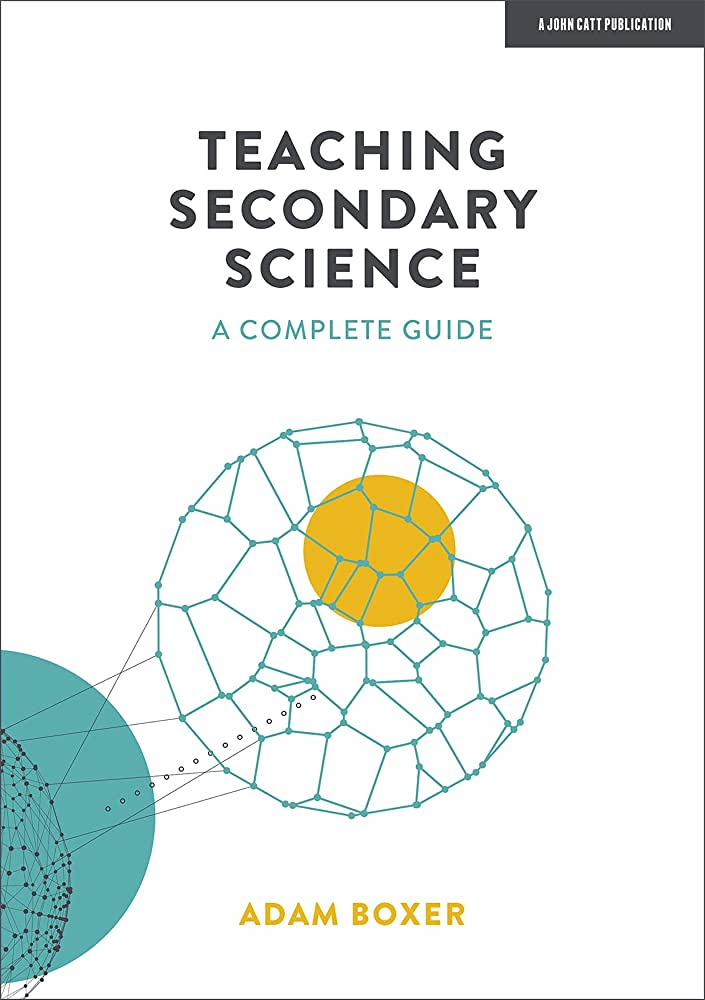-
ABOUT THE AUTHOR
Andrew Watson
Andrew began his classroom life as a high-school English teacher in 1988, and has been working in or near schools ever since. In 2008, Andrew began exploring the practical application of psychology and neuroscience in his classroom. In 2011, he earned his M. Ed. from the “Mind, Brain, Education” program at Harvard University. As President of “Translate the Brain,” Andrew now works with teachers, students, administrators, and parents to make learning easier and teaching more effective. He has presented at schools and workshops across the country; he also serves as an adviser to several organizations, including “The People’s Science.” Andrew is the author of "Learning Begins: The Science of Working Memory and Attention for the Classroom Teacher."
Tags
ADHD adolescence attention autism book review book reviews boundary conditions classroom advice conference speakers constructivism/direct instruction creativity desirable difficulty development dual coding elementary school embodied cognition emotion evolution exercise experts and novices gender high school homework intelligence long-term memory math methodology middle school mindfulness Mindset motivation neuromyths neuroscience online learning parents psychology reading retrieval practice self-control skepticism sleep STEM stress technology working memoryRecent Comments
- Book Club Materials for Just Tell Them – Education Rickshaw - Metro Health News on Just Tell Them: The Power of Explanations and Explicit Teaching...
- How to Present at a Conference... |Education & Teacher Conferences on Enjoyment or Skill? The Case of Reading
- How to Present at a Conference... |Education & Teacher Conferences on Do *Goals* Motivate Students? How about *Feedback*?
- Roberta on Seriously: What Motivates Teachers to Be Funny?
- Revisiting the "Handwriting vs. Laptops" Debate: More Moving Goalposts |Education & Teacher Conferences on Handwritten Notes or Laptop Notes: A Skeptic Converted?
ABOUT THE BLOG

Oops, Twitter Did It Again: Creativity and the “Positive Manifold”
I’ve written before that edu-Twitter can be a great help to teachers. I myself regularly…

Have I Been Spectacularly Wrong for Years, Part 2 [Removed...
On Sunday of this week, I published my response to my interview with Dr. Morgan…

The Best Place to Study…Depends on the Goal
A wise friend recently asked a question that goes something like this: Research shows that…

Should Teachers Explain or Demonstrate?
If I were a chess teacher, I would want my newbies to understand … ……

Book Review: Teaching Secondary Science, by Adam Boxer
Let’s start by making this simple: First: You should absolutely buy Adam Boxer’s Teaching Secondary…

The Potential Benefits of Doodling and Chatting
This post will cover two topics simultaneously. First, I’m going to describe recent research into…

Have I Been Spectacularly Wrong for Years? Part 1
Over the years, I’ve used this blog to make several persistent arguments. One of those…

Is Teaching Golf Like Teaching Algebra?
My work in this field starts with a simple logical argument: A: Learning happens in…

“You Can Find Research that Proves Anything”
Sometimes teachers hear about research that SUPPORTS our current beliefs and teaching practice. Honestly, that…

Read This Post with Your Right Brain First…
My Twitter feed is suddenly awash with one of those “how does your brain?” work…

